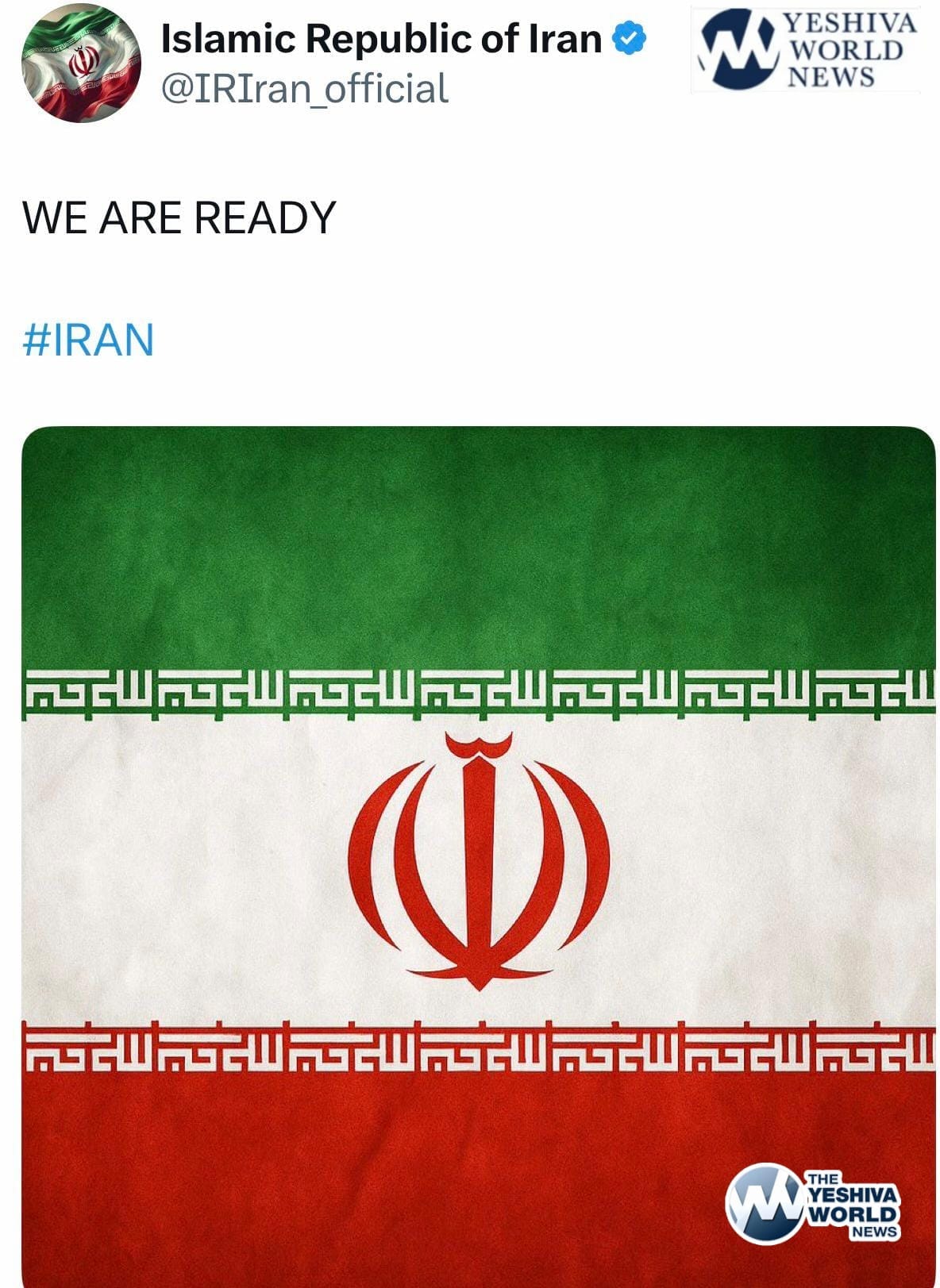Tensions across the Middle East escalated sharply on Wednesday as international nuclear negotiations with Iran neared a critical juncture, prompting a wave of military alerts, diplomatic repositioning, and growing fears of a regional conflict.
The United Kingdom’s Maritime Trade Operations (UKMTO) issued a rare advisory warning of “increasing regional tension,” urging commercial vessels transiting the Persian Gulf, Gulf of Oman, and the Strait of Hormuz to exercise extreme caution. The alert, while nonspecific, warned of potential military activity that could directly threaten merchant ships in the region’s vital shipping lanes.
Shortly after the UKMTO warning, Reuters reported that the United States was preparing to evacuate embassy staff in Iraq due to what officials described as rising threats to American personnel. The New York Times later confirmed that the evacuation had been set in motion. The U.S. State Department also authorized the departure of non-essential staff from embassies in Bahrain and Kuwait, while the Pentagon is considering the temporary repositioning of military forces currently stationed in Bahrain.
In a further sign of how seriously the U.S. is taking the threat, Washington has directed all embassies within range of Iran—including those in the Middle East, Eastern Europe, and North Africa—to activate emergency action committees and report back on risk mitigation plans, according to national security correspondent John Hudson. These directives directly triggered the evacuations already underway.
On Capitol Hill, the rhetoric is escalating in parallel. Senator Tom Cotton revealed that Defense Secretary Pete Hegseth informed Congress that Iran is “actively working towards a nuclear weapon.” Cotton bluntly added, “This cannot be allowed to happen.”
Meanwhile, Israel is bracing for impact. Highly credible sources tell YWN that the IDF has contracted nearly 2,000 private ambulances to be stationed at military bases around the country, anticipating that Iran will target those locations in the event of open conflict.
Additionally, all Revolutionary Guard and Army bases in Iran have reportedly been placed on maximum alert, according to journalist Mohamad Ahwaze.
These security preparations follow a sharp uptick in rhetoric and military posturing from regional powers. Israeli officials, including close confidants of Prime Minister Binyamin Netanyahu, have openly suggested that a military strike on Iran’s nuclear infrastructure may be imminent. “In my view, we are very close to striking Iran,” said Israeli commentator Yaakov Bardugo, a Netanyahu ally, on Tuesday. “The Americans aren’t delivering results.”
Tehran has responded with defiance. Speaking in the Iranian capital, Defense Minister Gen. Aziz Nasirzadeh warned that any attack would trigger “overwhelming retaliation” and that “all U.S. bases in host countries are within our reach.” He added, “If conflict is imposed on us, enemy casualties will exceed ours.”
New satellite imagery and Western intelligence reports indicate that Iran has been covertly modifying and expanding its nuclear infrastructure—moves analysts believe are meant to harden sites against potential airstrikes. According to sources cited by The Jerusalem Post, Tehran has altered the layout of key nuclear sites to complicate U.S. or Israeli military action.
Further evidence of Tehran’s war readiness includes newly released footage of Iran’s so-called “missile cities”—vast underground facilities capable of launching ballistic projectiles. Intelligence analysts interpret these developments as part of a calculated effort to negotiate while preparing for war.
The diplomatic front is also rapidly deteriorating. The sixth round of nuclear talks, tentatively scheduled for this weekend in Oman, now appears increasingly unlikely to take place, two U.S. officials told the Associated Press on Wednesday.
European and Israeli officials are growing increasingly skeptical of Iran’s intentions. Privately, they have warned the Trump administration that Tehran is deliberately stalling to outlast the “snapback” mechanism in the 2015 nuclear deal—a clause allowing for the reimposition of broad U.N. sanctions in the event of serious violations. That clause expires in October.
According to diplomatic sources, Prime Minister Netanyahu raised these concerns in a recent phone call with President Trump. “Tehran is simply buying time,” Netanyahu reportedly said. European diplomats have echoed that view, threatening to unilaterally trigger snapback sanctions by August unless a “meaningful” deal is reached—an act likely to provoke retaliation from Tehran and further divide transatlantic allies.
Despite mounting evidence to the contrary, President Trump remains outwardly hopeful. In an interview with The New York Post on Wednesday, he said: “Even if they don’t reach an agreement, they won’t get nuclear weapons. It’s better to achieve that without a war, without people dying.”
Privately, however, Trump’s confidence in Iran appears to be eroding. “Trump believes the Iranians will eventually fold,” said a source close to the administration. Israeli officials strongly disagree, maintaining that only a credible military threat—backed by real preparations—will bring Iran to the table with meaningful concessions, particularly a full ban on uranium enrichment, which Iran continues to reject.
Meanwhile, pro-Iranian media outlets claim the current escalation is largely psychological warfare aimed at pressuring Tehran into concessions. Al-Mayadeen, citing an Iranian source, reported that “the U.S., under the influence of the Zionist lobby, is inflating the threat level at its military bases and embassies to force Iran’s hand.” The source added, “Israel is trying to drag the U.S. into a war—but a military escalation remains unlikely at the present time.”
But on Wednesday night, Iran’s official X account ominously posted this: “We are ready.”

(YWN World Headquarters – NYC)












7 Responses
Go for it!! You dont need anyone to approve! You’ve got the approval of the one above!!
Israel should have struck Iran months ago after the failed Iranian missile salvo. Delaying only allowed Iran to be better prepared for what’s coming.
Shneior:
You’re so sure about that?
Do you know the navi wrote that, R”L L”A, “…halach melech paras viCharav liChol haOlam kulo”?
Israel doesn’t give up and take galus if they hit Iran and target the uranium Iran will have an excuse and so will it’s citizens to fight back and they will like arabs
For your information in case you’re unaware of it “Iran is Gog” in regards to milchemes Gog umagog before Mashiach comes
See פרשת בהעלתך פרק יא פסוק כז
אלדד ומידד מתנבאים במחנה
יונתן בן עוזיאל
2nd פשט on this
Deja vu anyone?